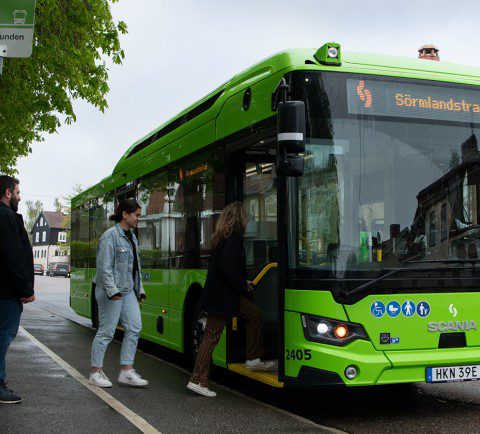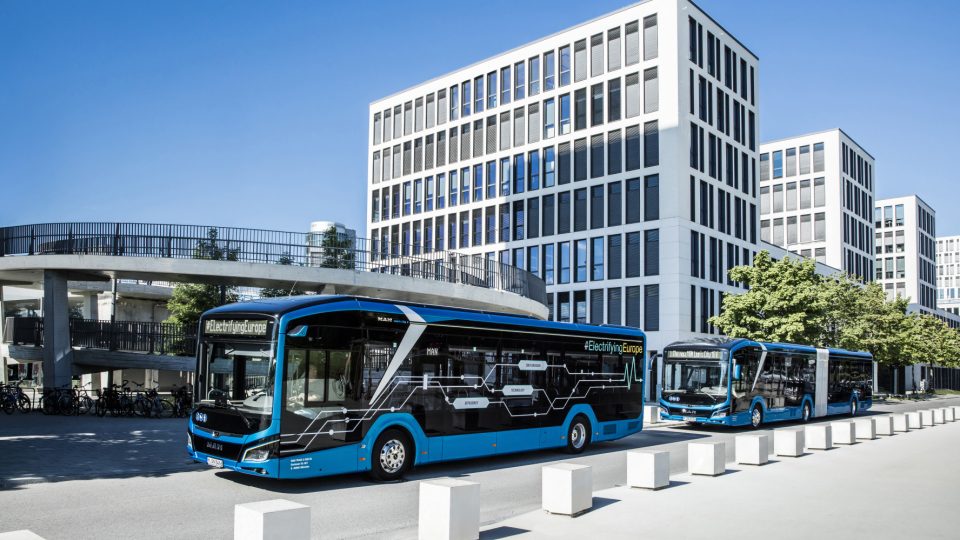ACEA figures on 2022 bus & coach market in EU: 12.7% of the registrations is made of e-buses
Diesel bus registrations fell in Europe by 7.8% in 2022, while ‘electrically-chargeable’ bus sales increased by 13.7% to reach 3,505 units (up from 10.6% in 2021), accounting for 12.7% of the total EU bus market, based on ACEA figures. Diesel bus registrations were 18,500 in 2022, according to ACEA’s figures (excluding Bulgaria and Malta). However, […]

Diesel bus registrations fell in Europe by 7.8% in 2022, while ‘electrically-chargeable’ bus sales increased by 13.7% to reach 3,505 units (up from 10.6% in 2021), accounting for 12.7% of the total EU bus market, based on ACEA figures.
Diesel bus registrations were 18,500 in 2022, according to ACEA’s figures (excluding Bulgaria and Malta). However, buses running on diesel remained the most popular of all new buses, accounting for 67.3% of all new bus sales.
‘Electrically-chargeable’ bus is a definition used by ACEA that embraces full battery electric, fuel-cell electric, extended-range and plug-in hybrids vehicles.
It is worth mentioning that three out of the region’s four major markets recorded double-digit losses: Germany (-28.9%), France (-21.4%) and Italy (-21.4%). By contrast, Spain experienced a significant increase in new diesel bus registrations (+52.2%).
Germany, Denmark, France leading electric bus market
Let’s focus on e-buses. France saw an increase of 26.4%, contributing to the overall positive performance. Germany and Denmark – the second and third biggest markets in volume terms – also recorded strong growth (+10.1% and +79.5% respectively). Together with France, these three countries made up more than 50% of all electric buses registered in the EU.
By contrast, hybrid electric buses lost ground, with sales falling by 25.9% and market share shrinking from 10.3% in 2021 to 8.1% last year. This decline was mainly driven by the sharp drop recorded in Germany (-25.3%), which alone accounts for almost half of all hybrid electric buses registered in the EU.
In total, ACEA continues, 11.9% of all new buses and coaches registered in 2022 ran on alternative fuels, most of which were powered by natural gas. France – the largest market in this category – suffered a decline (-11.5%). However, Italy and Spain posted triple- and double-digit gains (+112.6% and +28.6% respectively). This resulted in an overall growth of 8.0%, with 3,262 units registered across the EU.








